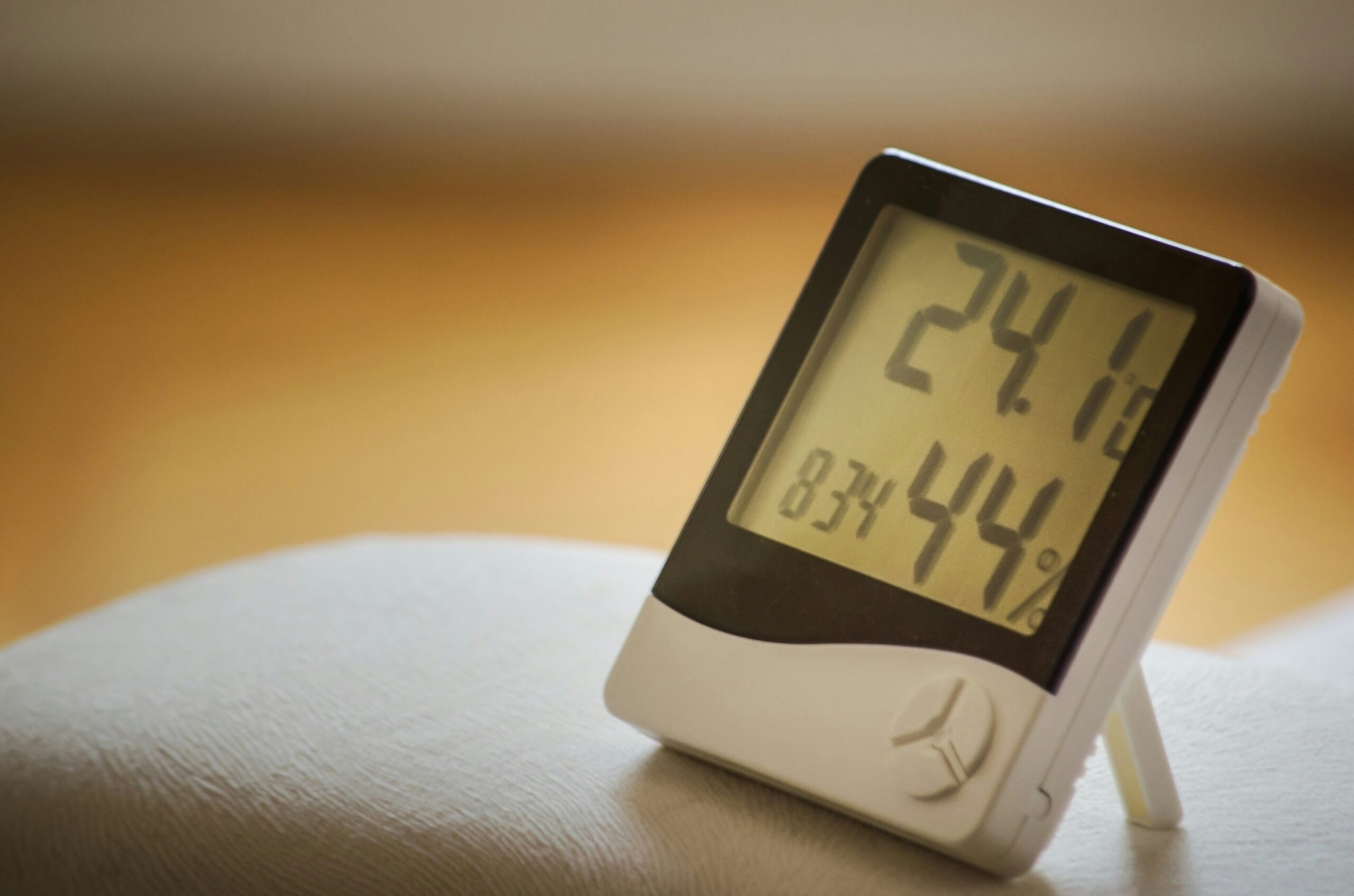High humidity in your home can cause a variety of problems, from musty odors to mold and mildew. It can also make your home feel stuffy and uncomfortable. Fortunately, there are a few things you can do to address this problem. Keep reading to learn more about the dangers of excess humidity and how to keep your home comfortable and safe.
How can you reduce the amount of moisture in your home?
There are a few key things that you can do to reduce the amount of moisture in the air indoors and help improve your indoor air quality. First, make sure that you are properly ventilating your home by opening windows and doors when possible. You can also use fans to help circulate the air.
Another solution is to invest in an energy recovery ventilator, which is a device that exchanges heat and moisture between exhaust air from the home and fresh incoming air. This helps to reduce excess humidity in the home while also recovering energy that would otherwise be lost. These devices are typically installed in homes with tight construction and high levels of insulation, where they can help to improve indoor air quality and save on heating and cooling costs.
Also, avoid using humidifiers or steam cleaners, as these can add more moisture to the air. If you need to use a humidifier, clean it regularly and monitor the humidity levels in your home.
Finally, make sure that you are properly cleaning and maintaining your home’s heating and air-conditioning system, as this can also help to dry the air.
What causes excessive indoor moisture, and how can it affect you and your home?
In general, humidity levels are highest during the summer months. High outdoor humidity can make its way inside and cause a number of health and home problems. Excess humidity can also lead to mold growth in your home. Mold spores can cause respiratory problems and other health issues.
In addition to causing health problems, too much moisture can also damage your home. It can cause wood floors to warp and furniture to rot. It can also lead to the growth of mildew and algae on surfaces such as walls and ceilings.
How can you identify high humidity in your home?
The dangers of excess humidity in your home are many and can cause a variety of health problems. Too much humidity in a home can exacerbate respiratory issues and also lead to dangerous mold growth. In order to address these dangers, it is important to be able to identify high humidity levels in your home. You can do this by checking the humidity level with a hygrometer and taking steps to lower the humidity when necessary.
How can you prevent mold spores from taking hold indoors?
When mold spores come into contact with moisture, they can begin to grow and spread. This dangerous fungus can cause a range of health problems, including respiratory issues, skin irritation, and allergies.
Excess humidity can create the perfect environment for mold growth. To prevent mold from growing in your home, you need to shoot for a hygrometer reading below 50%. There are a few ways to do this:
- Install a dehumidifier in your home.
- Open windows and doors to allow outside air into your home. This will help circulate air and reduce moisture levels.
- Run the air conditioner more or invest in an energy recovery ventilator.
In a nutshell, the dangers of excess humidity in your home can include mold growth, wood rot, and fabric damage. The good news is that this issue can be addressed with better airflow, dehumidifiers, and air conditioners.


